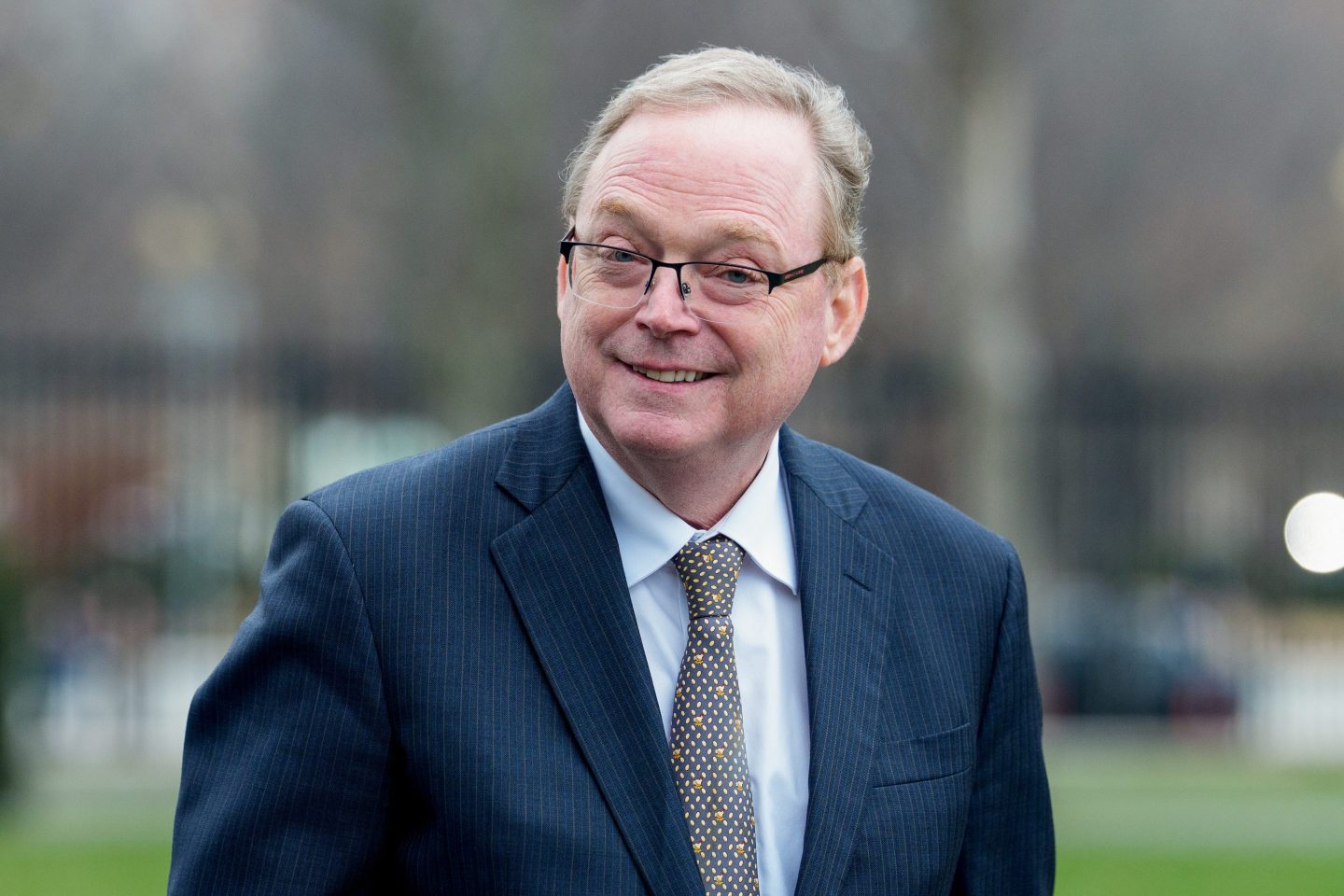Every 65 seconds someone in the U.S. develops Alzheimer’s.
And yet the disease, which affects an estimated 5.7 million Americans, is difficult and expensive to diagnose. Without better diagnostics, developing drugs to treat Alzheimer’s is challenging as well.
And so, as part of his broader philanthropic efforts to fund research into the disease, Bill Gates announced Tuesday a new investment into a venture philanthropy fund called Diagnostics Accelerator.
I'm excited to share that my next investment in Alzheimer’s research is in a new fund from @TheADDF called Diagnostics Accelerator. I’m joining Leonard Lauder and other philanthropists in committing over $30M to develop a new way to diagnose Alzheimer’s. https://t.co/hPnOu0PEBX
— Bill Gates (@BillGates) July 17, 2018
Gates, along with Leonard Lauder, the Alzheimer’s Drug Discovery Foundation, the Dolby family, the Charles and Helen Schwab Foundation, and other donors, are committing over $30 million to the fund.
Diagnostics Accelerator will seek to “to accelerate bold new ideas for earlier and better diagnosis of the disease,” by finding a middle ground between conventional government or charitable investment and venture capital funds. Adding a financial incentive, Gates explains, will allow for a “bold, risk-taking approach to research with an end goal of a real product for real patients.”
Gates explained that one of the biggest current needs is a “reliable, affordable, and accessible diagnostic,” as current methods are unable to identify the disease until a patient already starts showing cognitive decline—and even then, the current approach, which includes either a spinal tap or PET scan, is “expensive and invasive.” He hopes that the fund will aid in the development of something more straightforward, “like a simple blood test or eye exam,” which will then enable researchers to tackle the second objective of slowing the progression of the disease.











